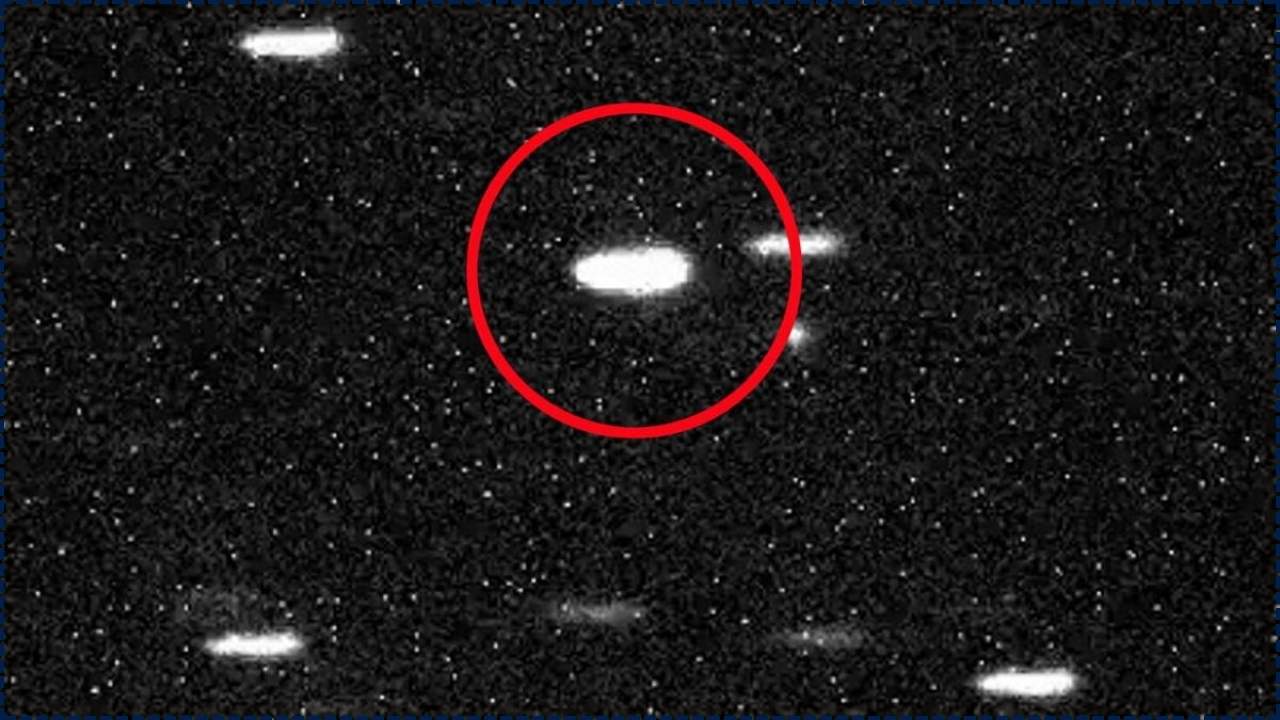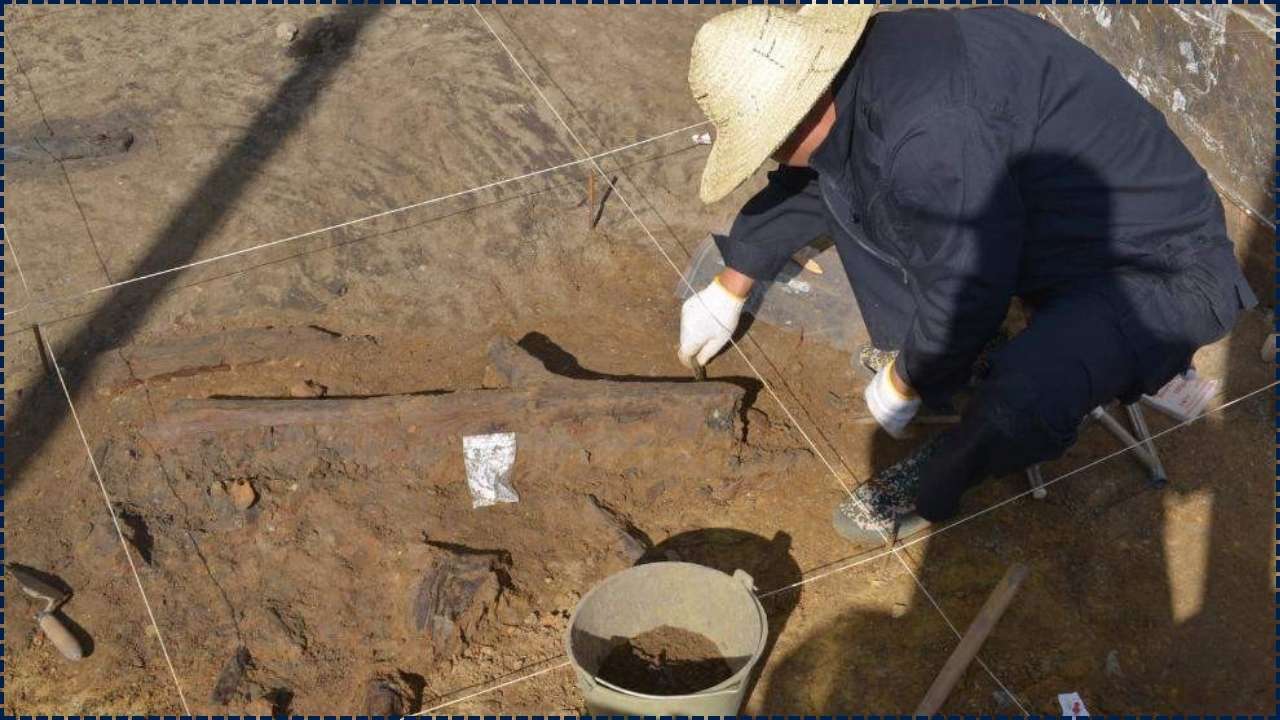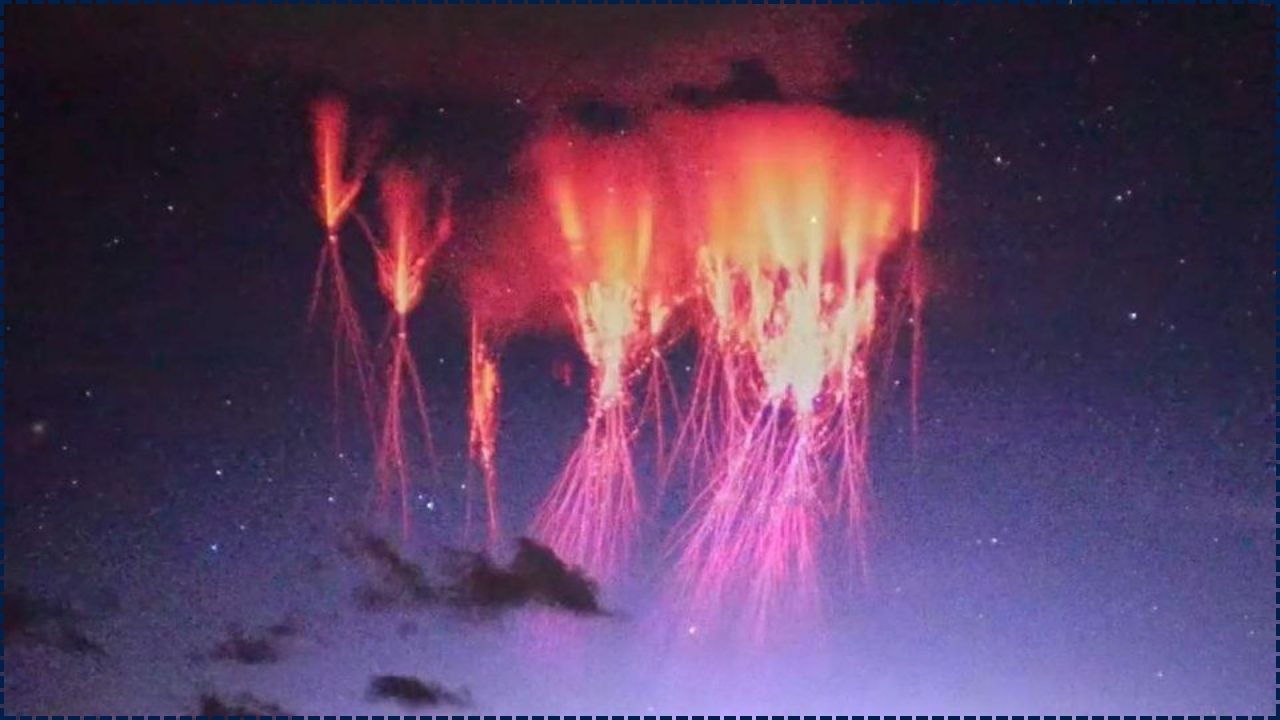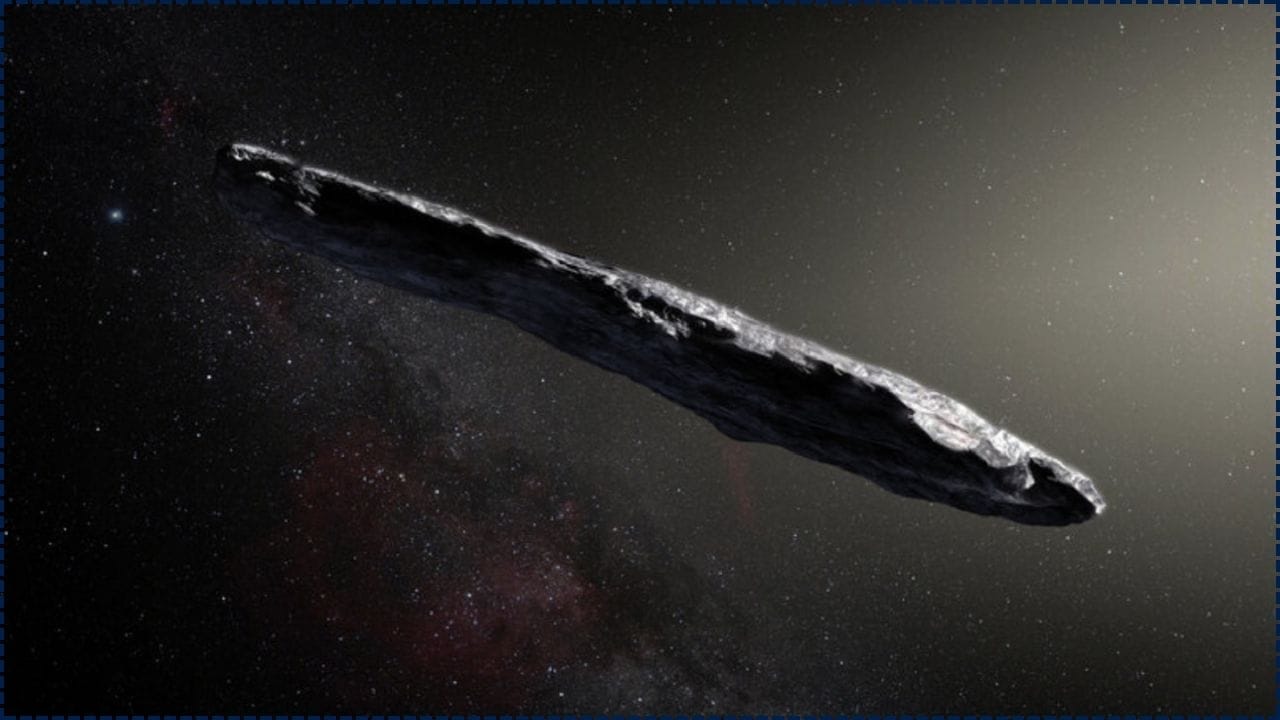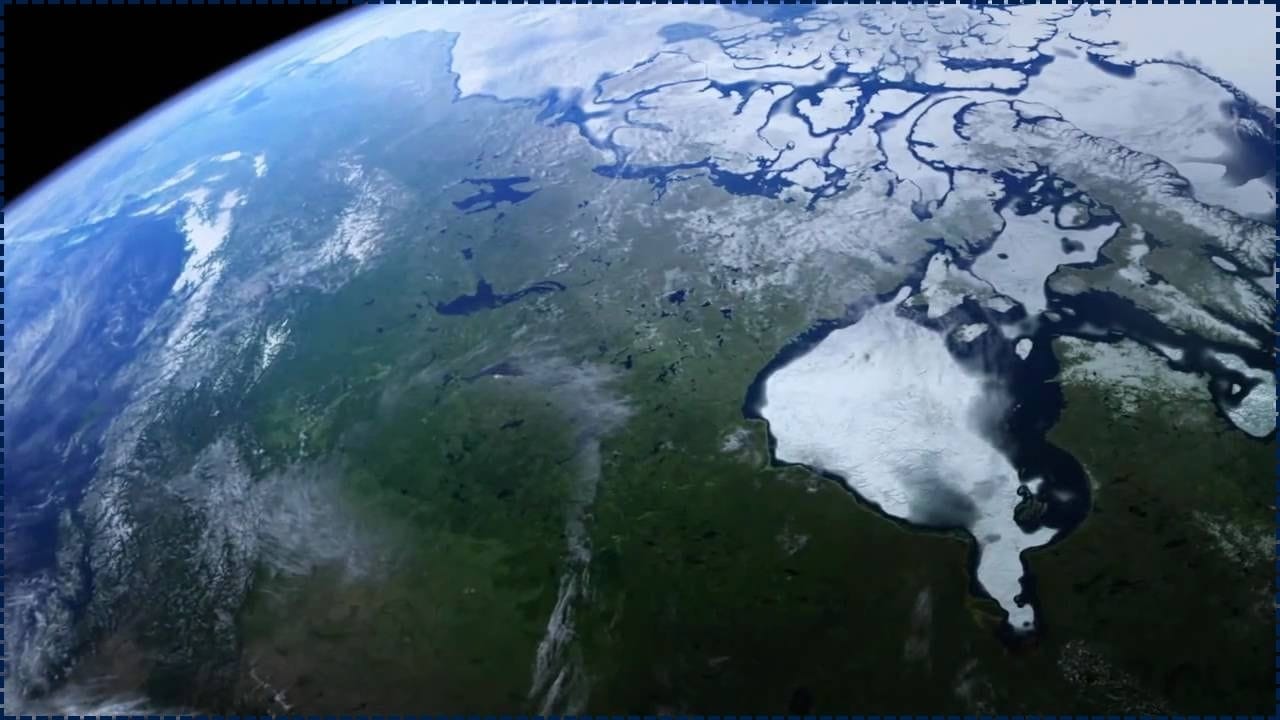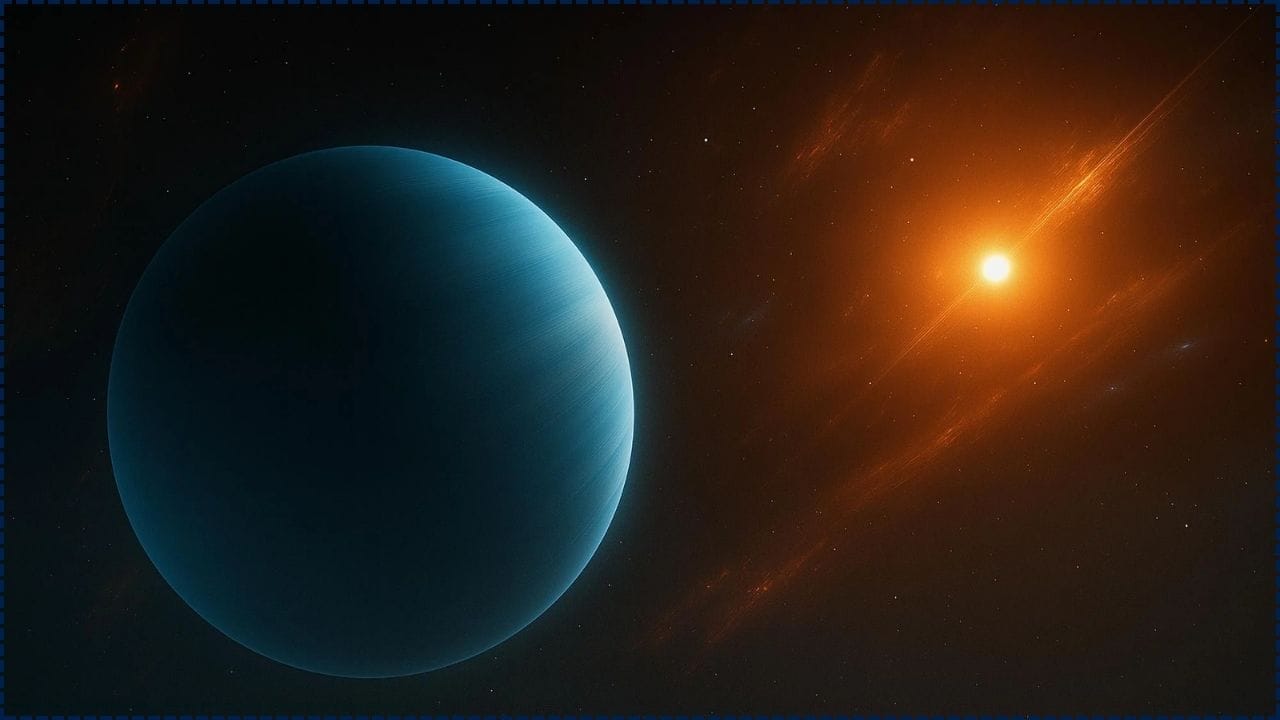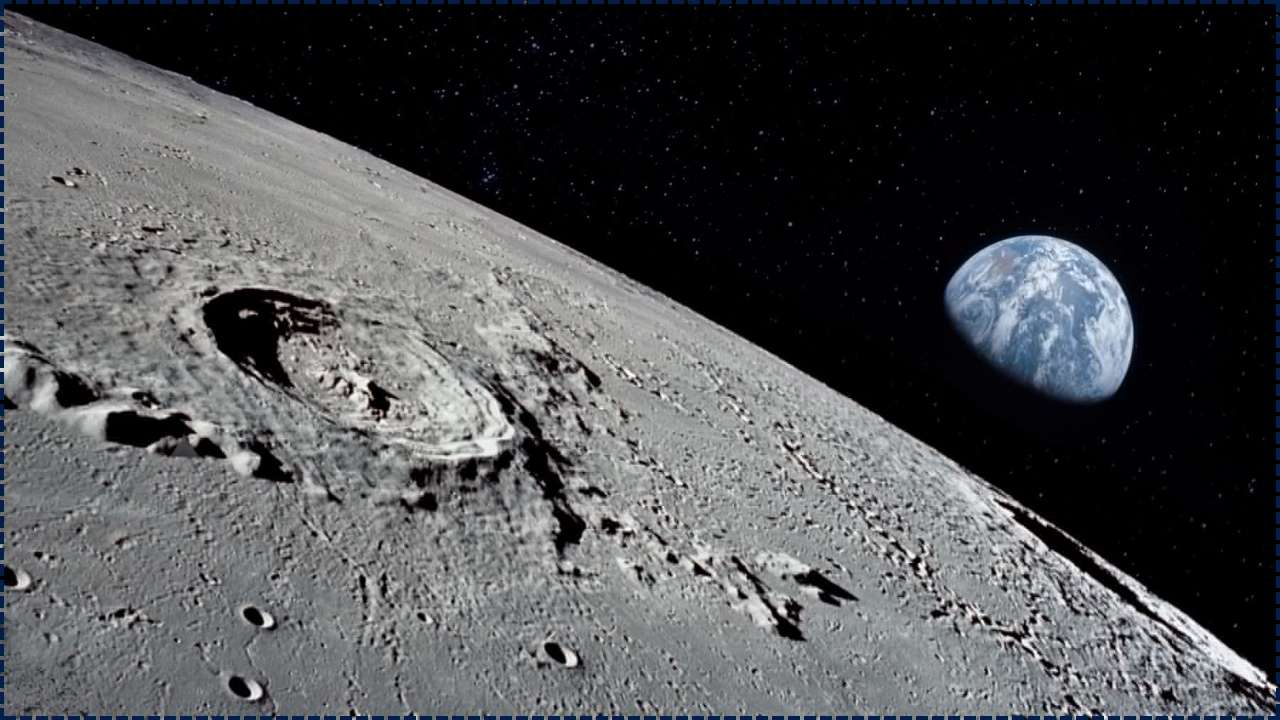Science
Earth Is Farthest From the Sun Right Now—So Why Is It So Hot?
Earth hits aphelion (farthest point from the Sun) around July 5—yet summer is heating up. That’s because our planet’s 23.5° tilt, not distance, drives seasonal warmth. Tilt brings long days and direct sunlight, generating more heat than any slight drop in solar intensity due to distance. Summer extremes are shaped by direct rays, land heating, and climate changes—not how far we are from the Sun.
Mysterious Object Is Speeding Toward Our Solar System and No One Knows What It Is
Astronomers have confirmed 3I/ATLAS, only the third interstellar object spotted in our solar system, speeding through at ~37 mi/s. With an estimated size of 10–12 km and the possibility of a comet-like coma, ATLAS offers a rare scientific opportunity. Visible through backyard telescopes between July and September, and again post-perihelion in December, it provides insights into distant planetary systems and engages global citizen scientists. Read on to learn how you can join the cosmic observation journey.
Scientists Discover 125,000-Year-Old Neanderthal Fat Factory in Germany
In Germany, researchers unearthed a 125,000‑year‑old “fat factory”, where Neanderthals crushed and boiled bones from at least 172 animals to render energy‑rich fat. This process predates similar modern human behavior by 100k years, showcasing their advanced planning, landscape use, and deep ecological knowledge. The find reshapes our understanding of Neanderthal intelligence and survival—and connects ancient strategies to Indigenous wisdom about resource respect and communal care.
Astronaut Captures Rare ‘Red Jellyfish’ Lightning Phenomenon Over North America
Astronaut Nichole Ayers captured a rare red sprite over North America on July 3, 2025. These upward electrical discharges, part of transient luminous events, offer insights into Earth's upper atmosphere and space weather. Observed from the ISS, red sprites are brief but important phenomena that help improve our understanding of atmospheric processes, electrical discharges, and satellite communications, advancing both scientific and space research.
Astronomers Spot a Mysterious Interstellar Object Moving Through Our Solar System
Astronomers have spotted 3I/ATLAS, a mysterious interstellar object traveling through our solar system at 152,000 mph. Likely a comet from another star system, it marks the third confirmed interstellar visitor. Scientists are analyzing its dust and gas for clues about extrasolar chemistry and planetary origins. Visible through summer 2025, this celestial traveler deepens our understanding of space, interstellar matter, and what lies beyond our own Sun’s domain.
Earth Just Had Its Shortest Day Ever Recorded—and Scientists Are Digging Into the Cause
On July 9, 2025, Earth recorded its shortest day ever, spinning 1.51 milliseconds faster than usual. While barely noticeable to people, this shift matters to GPS, satellites, and financial systems. Scientists suspect the cause is deep-Earth activity and climate-linked mass shifts. The result? We may soon see the first-ever negative leap second to keep global clocks in sync with our planet's shifting rhythm. Stay tuned for the next tick of Earth's time.
Earth Was Almost Lifeless 250 Million Years Ago—New Research Explains What Went Wrong
Roughly 252 million years ago, Earth suffered its deadliest mass extinction—"The Great Dying"—which eliminated up to 96% of marine species and 70% of land animals. Driven by volcanic CO2 and climate chaos, this ancient crisis mirrors today’s warming world. The extinction unfolded rapidly, and recovery took millions of years. Scientists warn that our current trajectory could lead to a similar collapse unless urgent climate and conservation actions are taken.
NASA’s James Webb Captures First Direct Image of a Planet Forming Cosmic Rings
NASA’s James Webb Space Telescope has captured the first direct image of TWA 7 b, a young, Saturn-mass planet forming rings around its star. Located 34 light-years away, the discovery confirms theories of how planets shape their birth disks and marks a milestone in exoplanet research. Using JWST’s infrared imaging and coronagraph, scientists observed the planet clearing a gap in a cosmic dust ring—a cosmic first.
AI Agents Under Fire as Data Reveals Their Reliability Falls Short of ChatGPT and Gemini
AI agents are under scrutiny as data shows they often fall short of ChatGPT and Google Gemini in terms of reliability. Ethical concerns, such as unethical behaviors, and security vulnerabilities like prompt injection attacks, complicate their adoption. Despite their potential, these challenges highlight the need for better training, stronger security, and continuous monitoring to improve AI agents for real-world applications.
Farewell to the Moon? NASA Confirms It’s Drifting Away — And It’s Getting Worse
NASA has confirmed that the Moon is slowly drifting away from Earth at a rate of 1.5 inches per year. While this phenomenon has no immediate impact on our daily lives, it will lead to longer Earth days and the eventual loss of total solar eclipses over billions of years. This fascinating process offers important insights into the dynamic nature of our planet and the cosmic forces shaping our universe.


